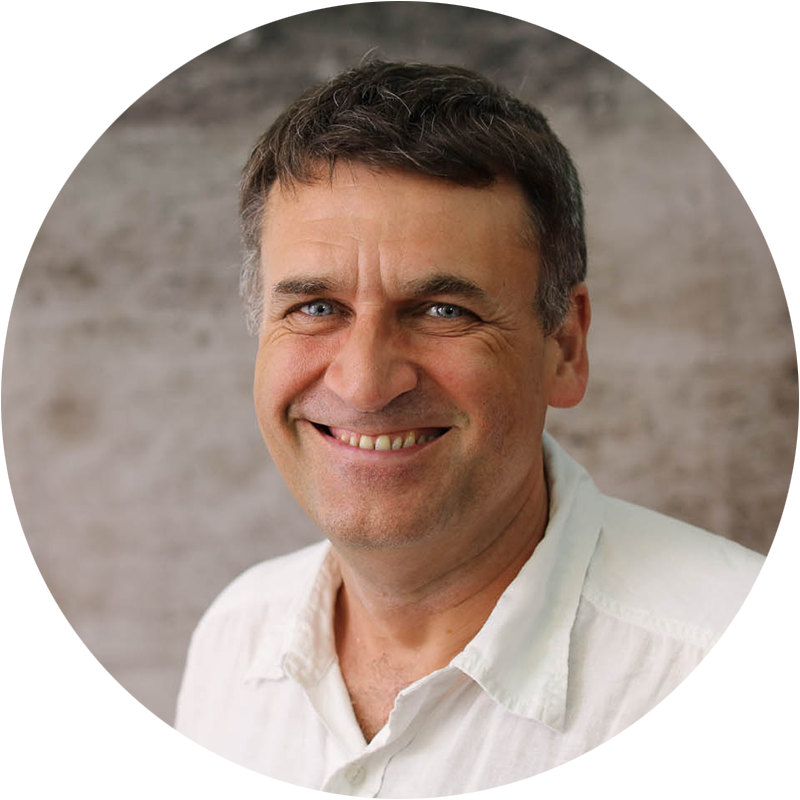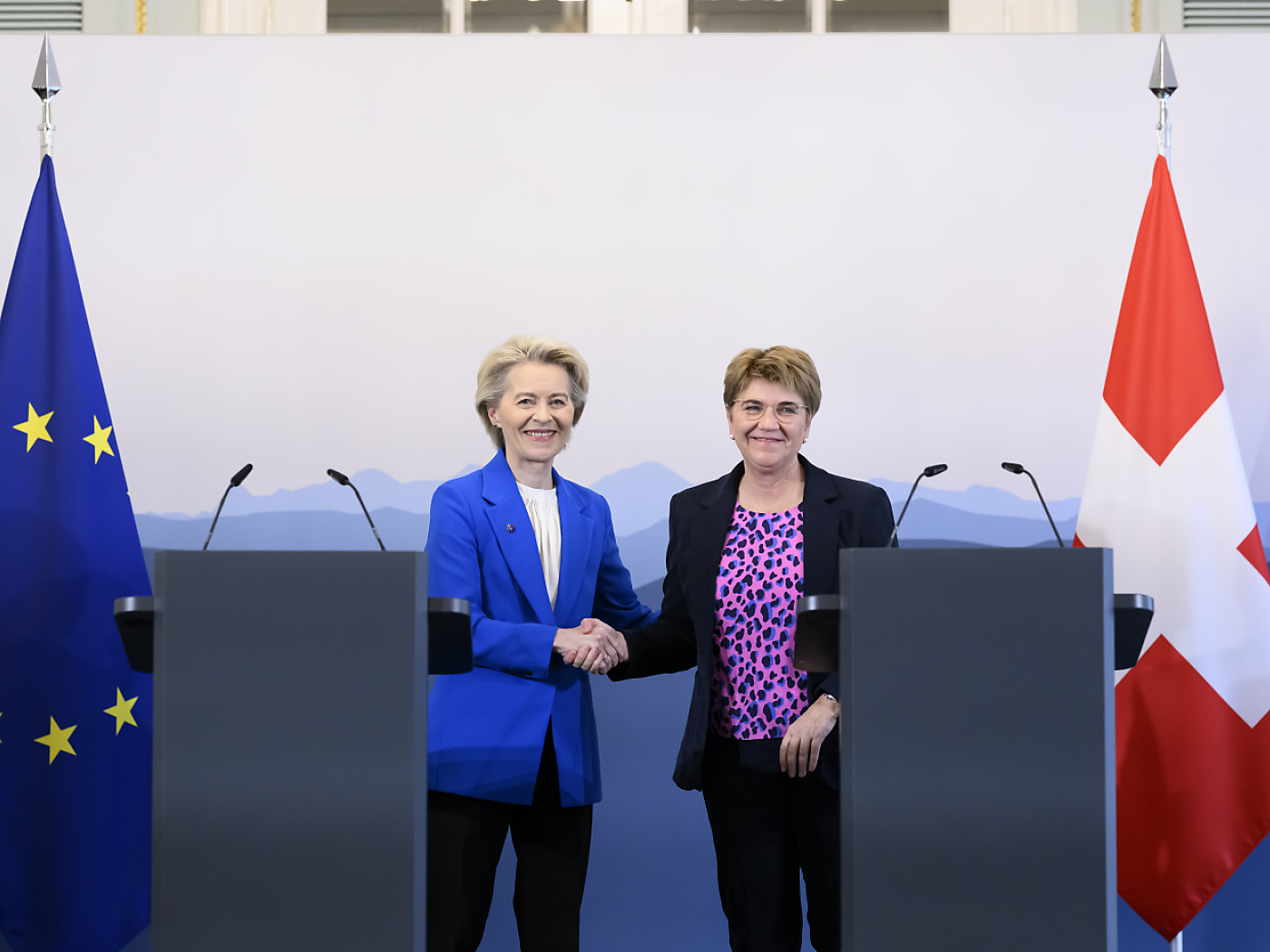Swiss take stock of World Social Forum

The 2011 World Social Forum in Dakar – billed as an alternative to the World Economic Forum in Davos – wrapped up on Friday. Swiss views are mixed.
While there were organisational problems at the beginning of the meeting, debates were fruitful and the Swiss delegation saw for itself some of the pressing issues affecting Africa.
“This forum has been an opportunity to make contacts and has been a source of information,” said centre-left Social Democrat politician Margret Kiener Nellen.“It’s a unique meeting, there’s nothing like it.”
The six-day WSF, which has been taking place at Dakar University in Senegal, gathered together thousands from the anti-globalisation movement.
“The Swiss delegation was able to organise several workshops and the outcome was pretty positive,” observed Jean Claude Rennwald, another Social Democrat parliamentarian and board member of the Unia trade union.
“As a union, we concentrated on migration, particularly pertinent given the strong foreign population in Switzerland and we made contact with other trade unionists.”
Teething problems
There were a few organisational teething problems, especially on the first day, when several workshops were cancelled after the university authorities apparently changed their minds.
“We organised a room for 200 people for the PeaceWomen Across the Globe organisation but instead we only managed to find, with great difficulty, a tent for less than 100 people,” Kiener Nellen said.
Nevertheless there were some interesting debates. “As Swiss we probably felt a bit lost here sometimes, there were some really fascinating workshops,” said Green party parliamentarian Christian van Singer.
His colleague Maya Graf was less bothered by the disorganisation and lack of technology. She says such a meeting is difficult for some countries, especially if it involves thousands of people. “However, people need to be able to sit down together and discuss,” she said.
Eye-witnesses
The trip has above all allowed Swiss parliamentarians to see for themselves some of the problems facing the region, such as land grabbing, small farmers being in debt and the plundering of marine resources. They visited projects in these areas supported by Swiss non-governmental organisations.
“What really struck me was people’s desire to find solutions and to tackle the situation themselves. During the opening march at the forum, there was a demonstration with the title ‘For a better world – Africa thinks and acts independently’ which perfectly summed up this state of mind. Perhaps we are really at the start of a new era for this continent,” Graf said.
The Swiss NGOS followed this spirit in that they focused not just on donating money and materials but also on self-reliance, added Rennwald.
“This is the future of cooperation work, even if in some cases you of course still need material support.”
Inspiration
The Swiss parliamentarians have been inspired by the visit to come up with new initiatives for their political work back home.
“The forum has already given me three or four ideas for parliamentary interventions,” explained Kiener Nellen.
“For example to present a proposal for the 2012 budget to the House of Representatives finance committee, over which I am again presiding, calling for Switzerland to give as much money to the social forum as it does to the WEF.”
“We could then have a really interesting debate about the use of such funds.”
Graf sees the Green party’s stance on agricultural policy confirmed by the WSF, particularly the importance given to food sovereignty.
“When we discuss the World Trade Organization’s Doha round, I will fight for environmental and social criteria to be taken into consideration because I know that’s what people want, despite what certain governments might say.”
Van Singer adds studying the dossier is one thing, but seeing the consequences of our political choices is quite another.
“Land grabbing or plundering of sea resources are not abstract problems,” he said. “They are phenomena which put people’s food security at risk and are analysed according to western policies on agriculture, fishing or management of capital.”
The first World Social Forum (WSF) was held in Porto Alegre, Brazil, in 2001. Three years later the event moved to Mumbai, India, with more than 70,000 participants from around the world.
In 2005 it returned to Latin America for one year, before organisers decided to alternate the venue every year between Africa, Latin America and Asia.
The forum, which considers itself an anti-globalisation movement, is an annual event that promotes solidarity, democracy and a fairer world. Many view it as being a counterpoint to the Geneva-based World Economic Forum (WEF).
The WSF usually holds its meeting in January to coincide with the WEF’s annual meeting in the Swiss alpine resort of Davos, in the hope that the media will cover both sides’ efforts to solve the world’s problems.
But this year the WSF opened one week after the end of the WEF meeting.
Switzerland was represented by 55 people in Dakar, the biggest Swiss delegation at a World Social Forum so far.
The group included representatives of non-governmental organisations, trade unions and parliamentarians from centre-left parties.
The Swiss took part in workshops and several delegates addressed the forum.
Among the prominent international figures who attended the forum were the former Brazilian president, Luiz Inácio Lula da Silva, Bolivian president Ivo Morales and France’s Socialist Party candidate for the 2007 presidential elections, Ségolène Royal.
(Adapted from Italian by Isobel Leybold-Johnson)

In compliance with the JTI standards
More: SWI swissinfo.ch certified by the Journalism Trust Initiative












You can find an overview of ongoing debates with our journalists here . Please join us!
If you want to start a conversation about a topic raised in this article or want to report factual errors, email us at english@swissinfo.ch.